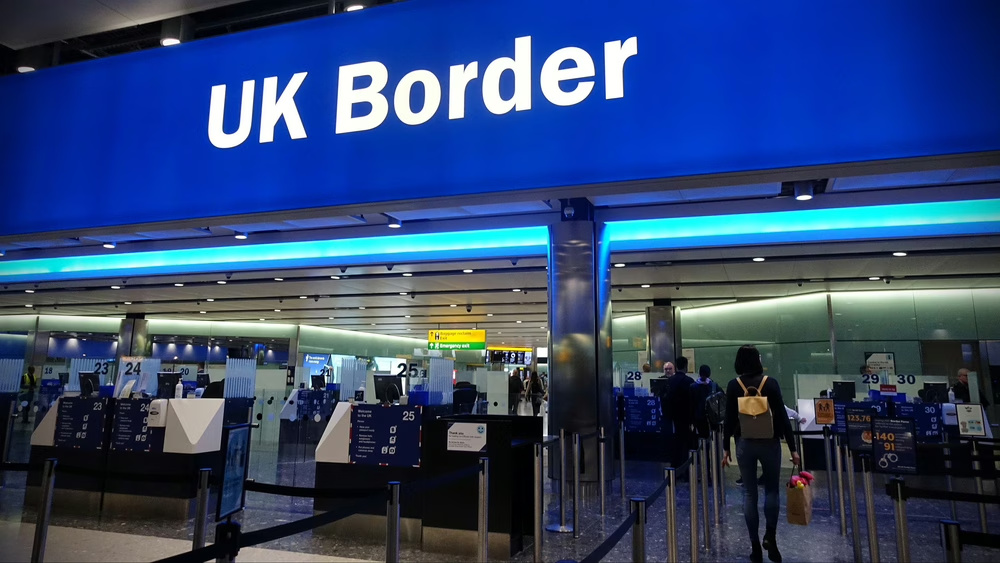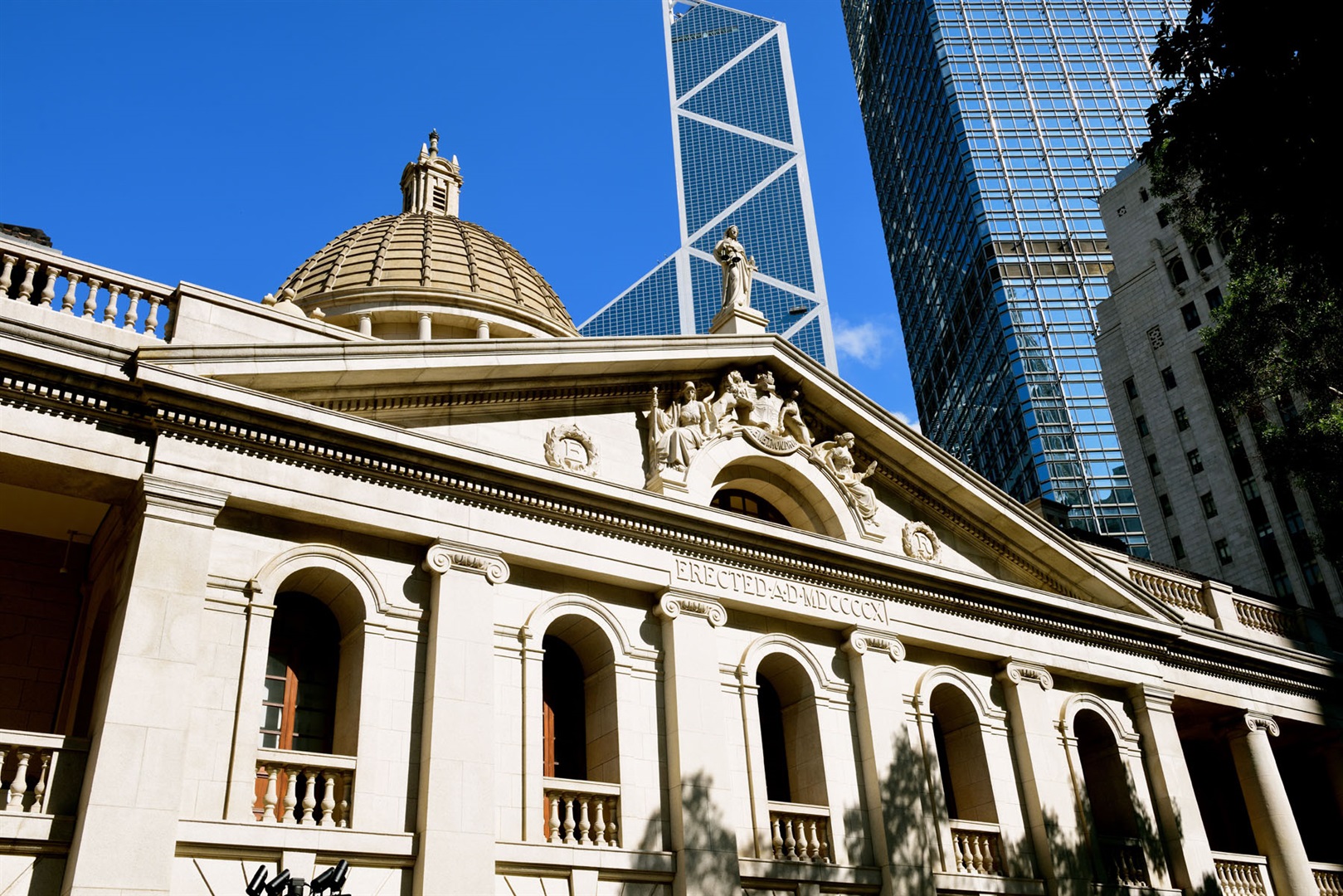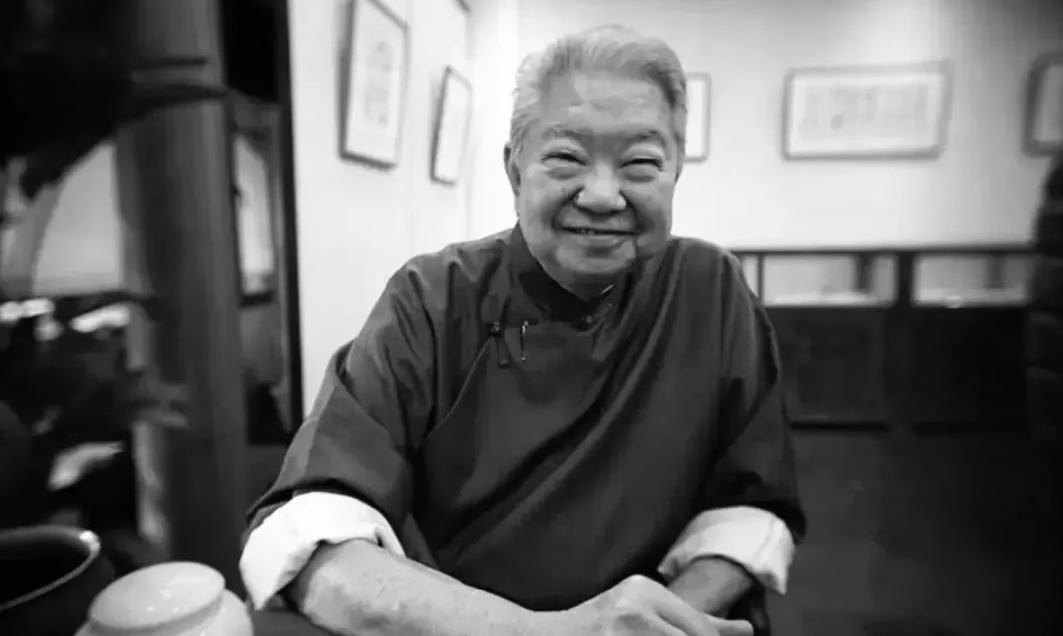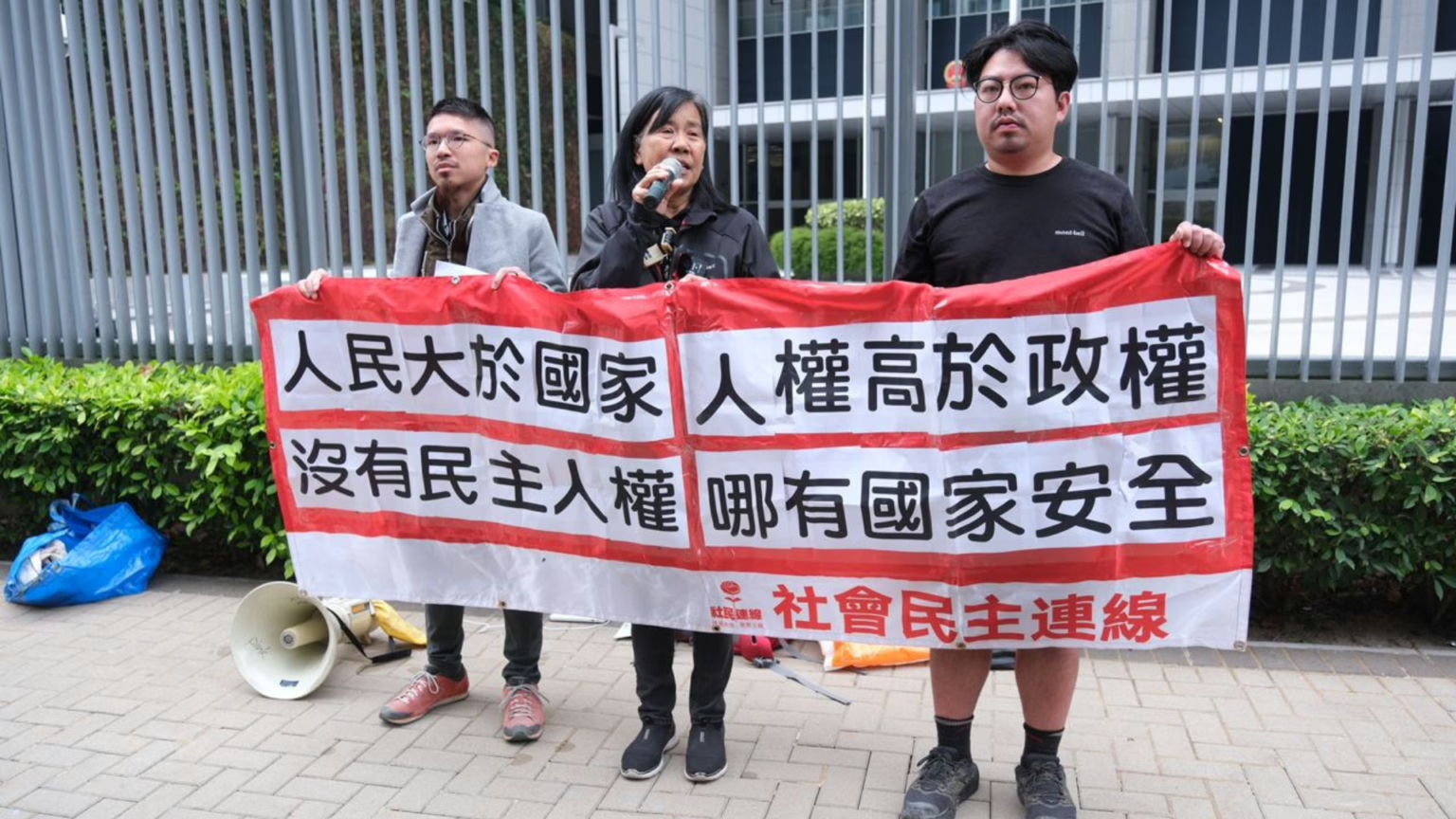London, 13 May 2025 — The Labour Government yesterday unveiled its 2025 Immigration White Paper, unleashing a fierce crackdown on immigration with a pledge to slash net migration within four years. Prime Minister Sir Keir Starmer vowed to end the “chaos of open borders” and forge a “fair, controlled” immigration system. Yet, the paper’s bombshell proposals—extending permanent residency to 10 years and raising English language requirements—have left 140,000 Hong Kong BNO visa holders reeling. Critics slam Labour: is this a bid to appease Reform UK’s hardline rhetoric? Or a cynical ploy to blur legal and illegal migrants, slapping a “resource drain” label on lawful newcomers? Alarmingly, the white paper’s iron-fisted approach revives memories of the 1980s British Nationality Act, when Hong Kongers were stripped of rights and cast aside. Could this signal another nationality law overhaul?
Permanent Residency Bar Soars: 10-Year Rule Sparks Fury
The white paper’s biggest shock is extending the path to Indefinite Leave to Remain (ILR) from 5 to 10 years. Applicants must prove “significant and lasting contributions” to the UK’s economy and society or face a decade-long wait. Targeting new migrants, the rule spares current residents but has already ignited outrage among immigrant communities.
BNO Hong Kongers in Limbo
The white paper remains vague on BNO visa holders, hinting only at raising the English proficiency requirement for ILR from B1 to B2. Some 140,000 Hong Kongers, who migrated since the BNO scheme launched in 2021, banked on the “5+1” pathway (5 years for ILR, 1 more for citizenship) to build new lives. Now, they face the prospect of waiting until 2031 for security. Advocacy groups fume: “This is yet another betrayal of Hong Kongers!”
How Wide the Impact? Hong Kongers on the Brink
If applied to BNO visa holders, the 10-year rule could devastate 140,000 Hong Kongers and their families. Young migrants and low-income households will bear the brunt, grappling with financial strain and restricted access to voting rights and welfare. “I thought the UK was a safe haven, but now I feel like a rootless drifter,” one Hong Konger in the UK lamented. Groups vow to lobby Parliament for BNO exemptions.
Another Betrayal in the Making?
In 2021, the UK launched the BNO scheme to offer refuge amid Hong Kong’s National Security Law crackdown, promising a secure path to settlement. The 10-year residency hurdle now casts doubt on that pledge. “This is 1997 all over again—a sell-out!” one commentator raged, accusing Labour of sacrificing Hong Kongers to quell anti-immigration sentiment. The white paper nods to humanitarian support for Hong Kong and Ukrainian migrants, suggesting possible BNO concessions, but without clear exemptions, a trust crisis looms.
Labour Pandering to Reform UK?
The white paper’s hardline stance echoes Reform UK’s radical calls during the 2024 general election. The party’s demands to “freeze non-essential immigration” and deport illegal migrants won over anti-immigration voters. Labour’s pledge to cut net migration by 100,000, scrap care worker visas, and bolster deportations aligns closely with Reform UK’s playbook. “Starmer’s nicking Reform UK’s script!” an analyst quipped, suggesting Labour aims to win back right-wing voters and ease pressures on the NHS and housing.
Legal Migrants as Scapegoats?
More controversially, the white paper’s blanket approach—applying the 10-year rule and points-based system indiscriminately—blurs the line between illegal and legal migrants. Critics blast Labour for tarring lawful newcomers, like BNO visa holders, with the same “resource drain” brush as stowaways. “BNO Hong Kongers came legally, yet we’re lumped with illegal migrants’ stigma!” a Hong Kong community leader fumed. Without exemptions for legal migrants, the white paper risks deepening social divides.
1980s Nationality Act: Hong Kongers’ Historic Betrayal
The white paper’s draconian measures resurrect painful memories of the 1980s British Nationality Act, when Hong Kongers were stripped of residency rights and abandoned as political pawns. This history looms large, casting a shadow over the white paper’s intentions.
Context: Post-Colonial Immigration Fears
By the late 1970s, Britain faced mounting pressure from post-colonial migration, with Hong Kong’s 1997 handover to China on the horizon. To stem a potential influx of millions, the Conservative Government crafted the 1981 British Nationality Act, overhauling nationality laws to curb former colonial residents’ access to the UK while smoothing the path for Hong Kong’s transfer.
Hong Kongers’ Status Slashed: From CUKC to BNO
Before 1981, some 3 million Hong Kongers held “Citizen of the United Kingdom and Colonies” (CUKC) status, theoretically granting UK residency rights. The 1981 Act shattered this, splitting CUKC into three tiers: British Citizen, British Dependent Territories Citizen (BDTC), and British Overseas Citizen (BOC). Most Hong Kongers were downgraded to BDTC, stripped of automatic UK residency. The 1985 Hong Kong Act introduced the BNO status, offering mere consular protection and short-term visa-free entry, with no right to live or work. “It was a theft of identity!” a historian decried, as Hong Kongers went from citizens to second-class status, severed from Britain’s colonial obligations.
Political Calculus: Elites In, Masses Out
Behind the 1981 Act lay cold calculation. To stabilise Hong Kong before 1997, Britain selectively granted full citizenship to about 50,000 elites—business tycoons, civil servants—and certain minorities, like South Asian Hong Kongers, through special schemes in 1990 and 1997. The vast majority of ordinary Hong Kongers were excluded, left without a UK lifeline. “Britain cherry-picked Hong Kong’s wealth and talent, discarding the rest,” a former Hong Kong community leader recalled. This “selective migration” policy sparked widespread resentment.
Hong Kongers’ Resistance and Despair
Throughout the 1980s, Hong Kongers fought back. Protests erupted, demanding retention of UK residency rights. The 1989 Tiananmen Square crackdown amplified fears of Chinese rule, prompting tens of thousands to march for citizenship. Britain’s response was icy, insisting BNO was the “final solution.” “We were colonised for a century, only to be forsaken at the critical moment,” a UK-based Hong Konger reflected. By 1997, some 500,000 Hong Kongers emigrated to Canada, Australia, and elsewhere, a mass exodus born of distrust in Britain’s policies.
Echoes in the White Paper
The 1981 Act’s lessons resonate chillingly with the 2025 white paper. Then, Britain used nationality laws to block Hong Kong migration, bowing to domestic anti-immigration pressures; today, the white paper’s 10-year residency and points-based system mirrors this prioritisation of UK politics over Hong Kong commitments. If BNO visa holders are swept into the new rules, they risk reliving the 1980s’ marginalisation, cast once more as pawns in Labour’s political game.
Nationality Law Overhaul on the Horizon?
Though the white paper stops short of proposing nationality law changes, its talk of “reforming citizenship criteria” and “updating the Life in the UK test” hints at tougher hurdles, such as stricter English or economic contribution standards. A nationality law revision could further choke BNO holders’ path to citizenship. Yet, provisions for stateless persons and long-term UK youth suggest Labour may seek to balance harsh policies with humanitarian gestures.
Visa Fees Skyrocket, Points System Rolls Out
Since 9 April 2025, visa fees have surged, with ILR applications hitting record costs. The white paper’s points-based system, scoring applicants on English, skills, and economic impact, will govern ILR eligibility. Care worker visas face the axe, slamming the door on low-skilled migration.
Target: Slash 100,000 Migrants in Four Years
The white paper projects a 100,000 annual net migration cut, dwarfing the Conservatives’ 300,000 target. New laws will empower swifter deportations, closing “human rights loopholes” to enforce removals, signalling Labour’s iron resolve.
Public Outrage and Uncertain Future
The white paper has sparked a firestorm. Supporters hail its relief for strained public services; detractors decry its injustice to legal migrants, especially BNO Hong Kongers. “We came for freedom, only to be branded a burden!” one Hong Konger protested. The Home Office pledges to implement reforms by autumn, with details due in months, while vowing to retain high-skilled talent. Hong Kong advocacy groups swear to scrutinise legislation, fighting for BNO rights.
Discover more from “Bridging Hongkongers. Reporting Truth.”
Subscribe to get the latest posts sent to your email.




